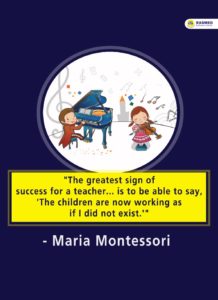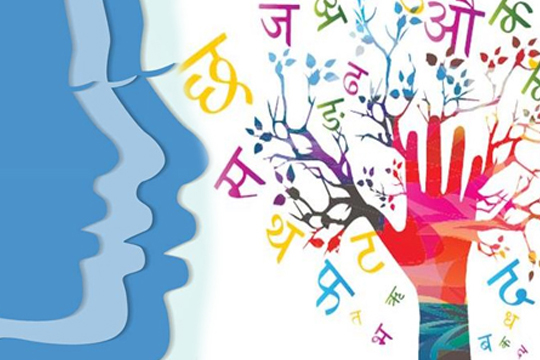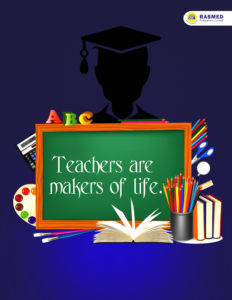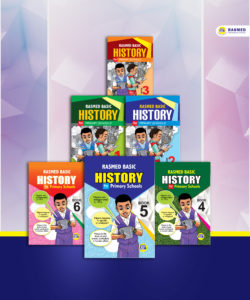Education is one of the most important vocations in History — and it is by far the most sensitive. And there is no time when we feel the immense weight of education, of molding a young mind, as great as when school resumption is upon us. What better way to gain insight into the strategies of molding a mind than from the works of those who have studied the art of education ;so perhaps, as we look forward to the new academic session, a brief retrospective of History’s greatest educators is in order.

We begin with this quote by Maria Montessori where she emphasized her believe in embracing a child’s curiosity and spontaneity:
“The greatest sign of success for a teacher… is to be able to say, ‘The children are now working as if I did not exist.’”
This timeless quote by the great Poet, Robert Frost, succinctly describes two categories of teachers:
“There are two kinds of teachers: the kind that fill you with so much quail shot that you can’t move, and the kind that just gives you a little prod behind and you jump to the skies.”
One of the greatest philosophers, Confucius, in one of his many philosophical teachings — Analects 2.11 — touched on the matter of history, how a teacher must relate the past with the present.
“The Master said, “A true teacher is one who, keeping the past alive, is also able to understand the present.”
Nadia Boulanger, the French composer and teacher, reflected on the complexity of affection for a child, that to love a child is to help him pay attention to the dynamics of things. She said:
“Loving a child doesn’t mean giving in to all his whims; to love him is to bring out the best in him, to teach him to love what is difficult”
In asserting the quiet power of books, Charles William Eliot, the American academic who has been credited with transforming Harvard University from a provincial College into the pre-eminent American research university, said:
“Books are the quietest and most constant of friends; they are the most accessible and wisest of counselors, and the most patient of teachers.”




